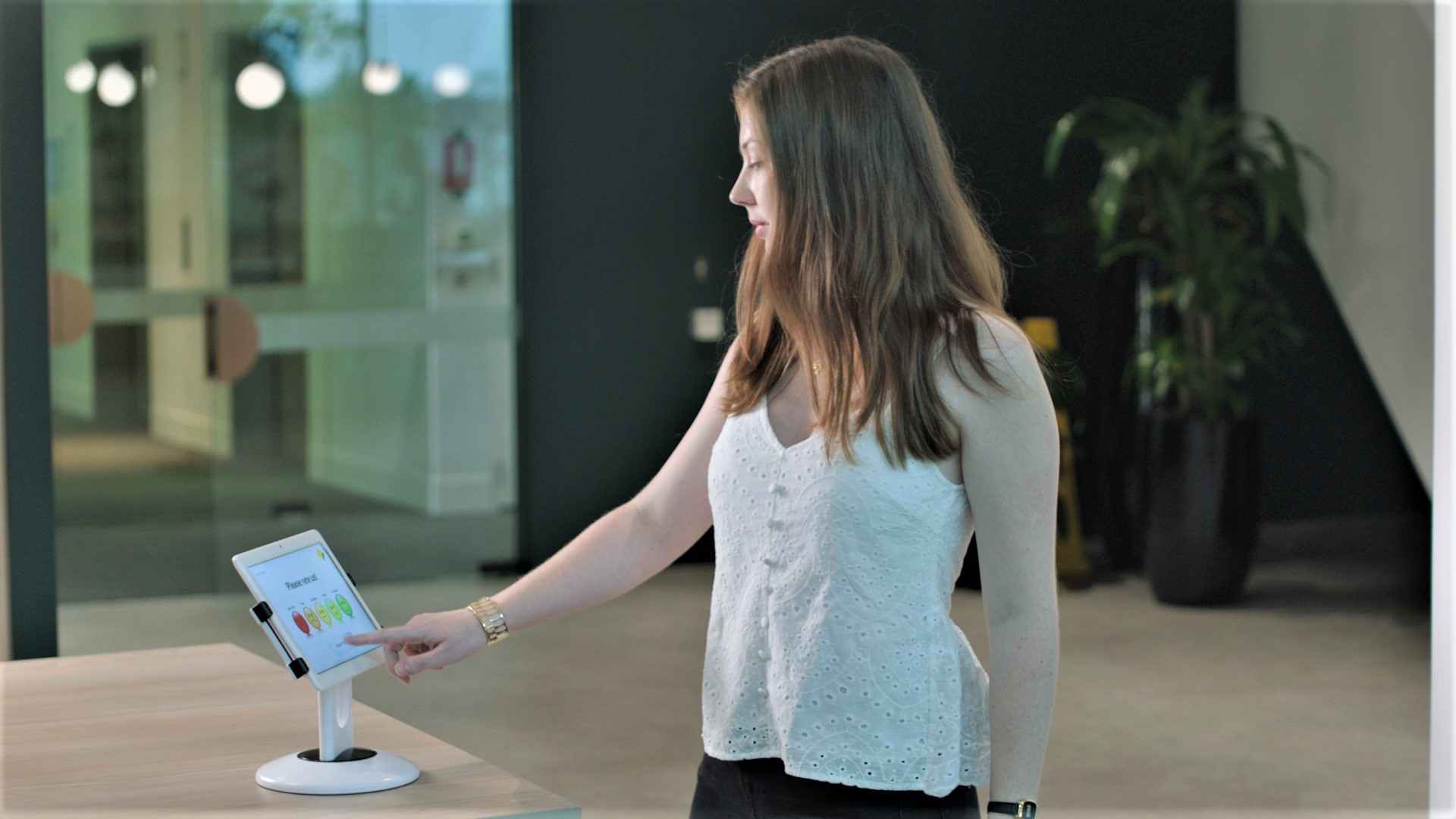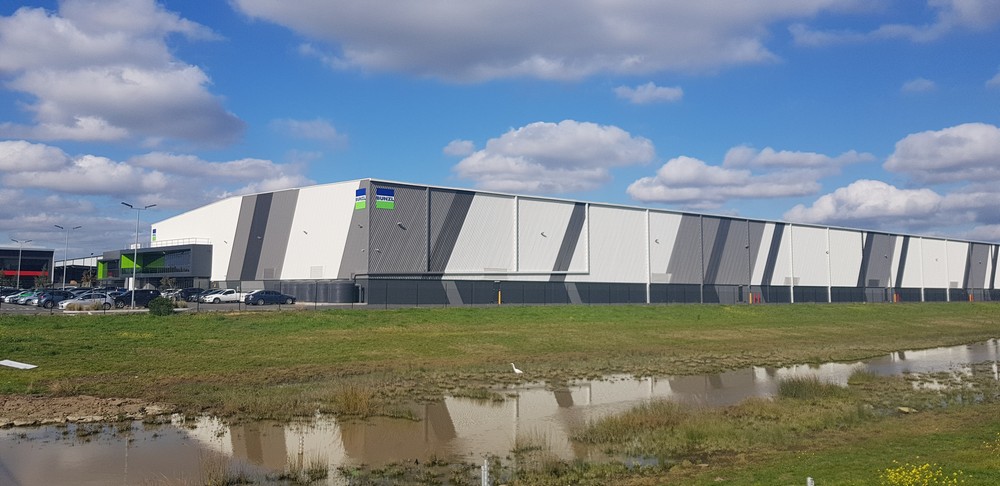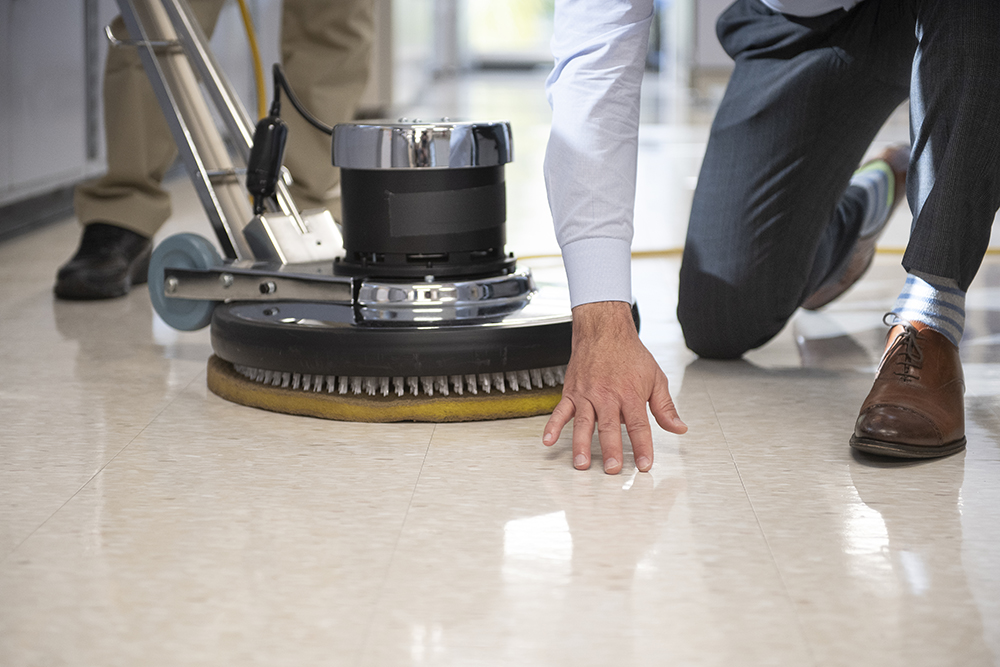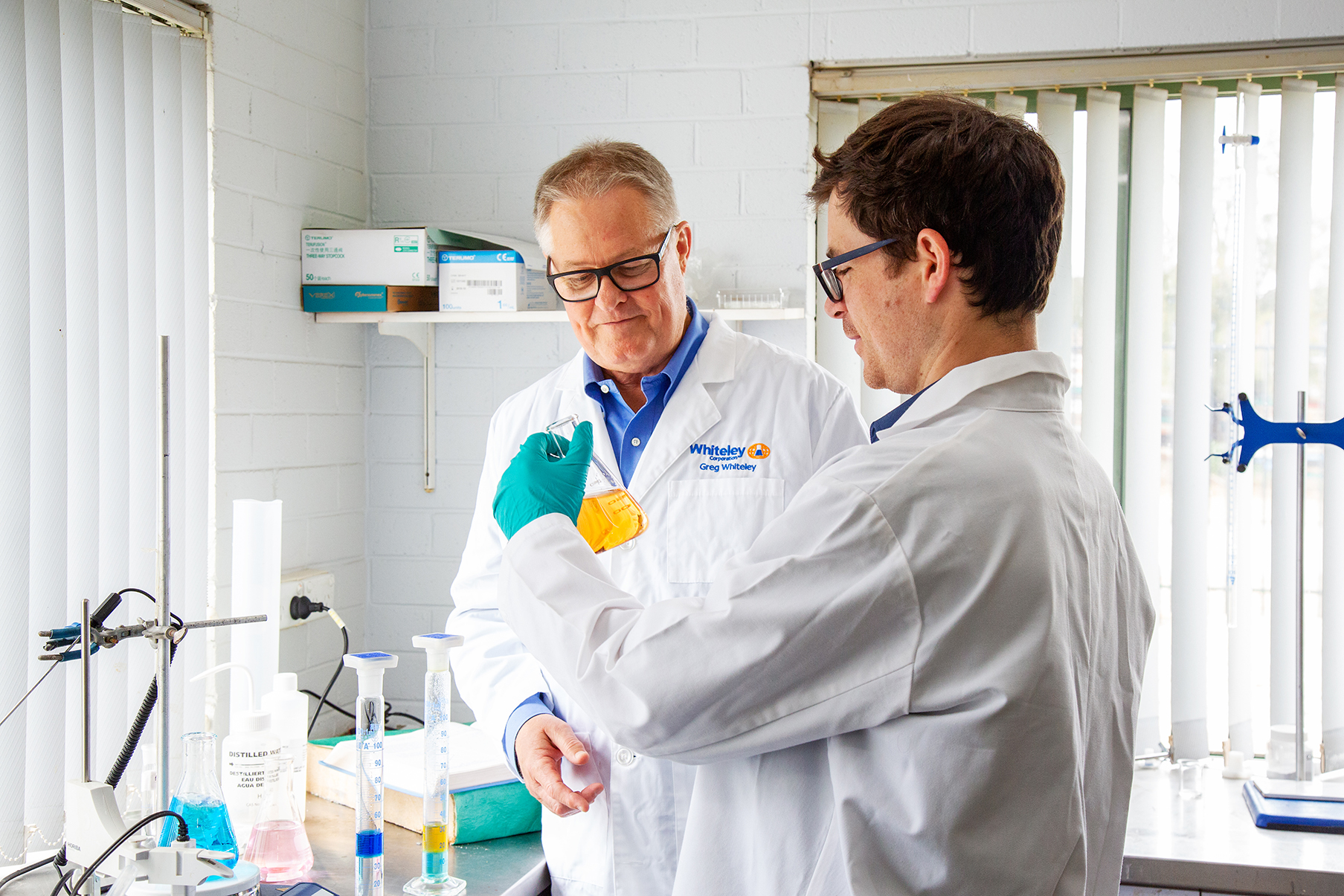
Not many companies have been able to turn supply chains into an advantage during the COVID-19 pandemic.
Then again, few organisations in the cleaning and hygiene space have the scale and leverage of Bunzl, a FTSE 100 company with operations across the Americas, Europe, the Asia-Pacific region and the United Kingdom.
Lance Ward, Managing Director at Bunzl Australia and New Zealand, says distributors have been facing a “perfect storm”, with soaring freight costs and a shortage of shipping containers accompanying high demand for cleaning chemicals and equipment, janitorial and washroom supplies and PPE gear.
“But because of our reach when it comes to sourcing, we’ve been able to secure inventories when maybe others haven’t been able to,” Ward says.
Bunzl has also been quick to adapt. Facing some product shortages from its China-Australia route, it set up additional supply channels via alternate ports, giving it additional direct shipping lines to Australia.
“It’s more expensive for us and it’s slower, but we’ve had more capacity and that’s helped us and our customers considerably,” Ward says.
Unparalleled support
Customer support has been another defining factor behind Bunzl’s success during COVID-19. Newly formed Cleaning & Hygiene Advisory Teams (CHATs) have acted as a counselling source for customers at a time when specialised cleaning products and services are required.
Greg Crisp, Sector Manager – Facility Management Australia & New Zealand for Bunzl, says team members have benefited from participating in cleaning standards courses from trade association ISSA and the Global Biorisk and Advisory Council’s (GBAC’s) course on biohazard responses.
“That means our team members are qualified from a cleaning industry point of view, not just a sales point of view,” he says.
Such customer assistance has covered the gamut from governance and compliance to site evaluations, product selection and availability, strategy execution, safety measures, supply-chain management, and training and support.
The approach has proven to be especially valuable in high-pressure, high-demand areas such as healthcare, hospitality, facility management, food processing and industrial packaging.
Staying competitive
With COVID-19 causing massive rises in freight and supply-chain expenses, Bunzl and other cleaning and hygiene industry players have been under pressure to keep customer costs down.
Ward notes that shipping container costs that may have totalled about $5000 before the pandemic now come in at roughly $14,000.
While Bunzl has benefited from long-term fixed-price contracts with its product partners, the diversity of its customer base and resilience of its managers and employees have been crucial, too.
“I’m really proud of the Bunzl organisation and our people in the field who have done an awesome job.”
Investment in infrastructure and technology cannot be underestimated either. For example, during the past few years Bunzl has been opening new super warehouses that have enabled it to reduce the overall number of warehouses across the group and deliver cost and supply-chain efficiencies. The Australasian arm has also shared some back-of-house costs with Bunzl’s global head office in London.
Within Asia, Bunzl has directly employed personnel out of Shanghai to source the best products and negotiate directly with manufacturers while ensuring they meet strict quality assurance and quality control standards.
Ward says leverage, not just scale, has played a key role in Bunzl’s success. One initiative has been setting up a global procurement forum for managing directors and procurement specialists across the cleaning and hygiene sector.
This has had a two-fold impact – Bunzl has been able to share market information on product capacity and buying opportunities, while it has also enabled the group to forge ever-stronger ties with manufacturers and other suppliers.
“This has further enhanced our ability to secure inventory,” Ward says. “And, in turn, that has enabled us to give our customers supply-chain continuity and support.”

Innovation to the fore
According to Crisp, innovation will be a strategic element that drives continuous improvement and success for cleaning and hygiene leaders.
Bunzl has long been a champion of innovation through its Innov8 program in the UK which showcases product and service evolutions through industry workshops.
From July to October,Bunzl will run a series of workshops across Australia and New Zealand, including from Perth to Auckland and Darwin to Melbourne and regional areas in between. They will bring together the best new global and local innovation products and systems.
“Essentially, it’s our way of showcasing some of this innovation in a very friendly and open environment with our invited clients,” Crisp says.
“The workshops will really demonstrate our capability and willingness to bring these innovations not just to the metro areas, but also to as many regional areas as possible.”
In addition to product innovation, the workshops will advise attendees on other best-practice actions related to procurement, cleaning and disinfection best-practice, and sustainability around the use of chemicals and packaging.
The development in sustainable manufacturing have been led from a global focus in many European countries which we are now experiencing in ANZ with government support, there are so many alternatives from “plastic bottles into microfibre cloths” that are readily available and more to come via our Innov8 platform this year – very exciting initiatives ahead for our customers.
Ethical sourcing
Although the pandemic has forced many cleaning and hygiene businesses to seek efficiencies, Ward says Bunzl will never relax its commitment to the ethical supply of products and services. Likewise, it endorses and embraces modern slavery laws as part of its strong “moral compass”.
“At Bunzl, we’ve raised our standards during the pandemic,” Ward says. “We’re absolutely committed to eliminating modern slavery and human trafficking from the supply chain.”
To that end, Bunzl has a global code of conduct and training regimes that apply to all employees and suppliers.
“And we have a really extensive auditing program, so when you do business with Bunzl you get an assurance that the products we have supplied have come from an ethical environment,” Ward says
Lessons for all
COVID-19 has presented the greatest challenge that the cleaning and hygiene industry has ever faced, delivering lessons along the way.
For Crisp, the past two years have highlighted the importance of following Therapeutic Goods Administration guidelines, focusing on strategy and best-practice, adhering to ethical standards and insisting on quality and compliance with products and processes. “Never cut corners,” he says.
The other imperative has been to foster strong supply-chain partnerships. As Crisp explains: “At Bunzl, of course we need to have strong relationships with manufacturers, but also with our clients. These ties have allowed our customers to supply and trade through what’s been a really turbulent 24 months.”
Ward notes that Bunzl is well placed to keep growing, COVID-19 or otherwise. He is confident the cleaning and hygiene market will continue to prosper.
“It’s a market that’s worth investing in – and we invest in our people, innovation and technology.”
With businesses seeking to improve efficiencies and cut labour costs, he expects innovations around robotics to make a difference, along with consolidation with distributors and an emphasis “on one order, one delivery, one payment and standardisation of product ranges”.
“That’s where the game’s going to be won and lost,” Ward says.
Along the way, Bunzl will be there to help.
This article first appeared in the May/June issue of INCLEAN Australia magazine





Gary Oskay on: Industry Leaders Forum: Wayne Hill, CEO, RapidClean Group
John Ford on: Industry Leaders Forum: Joe Camilleri, Managing Director, Central Cleaning Supplies
Jasmine Soh on: Empowering the Oceania Cleaning and Hygiene Industry: INCLEAN Unveils Its Unified Magazine